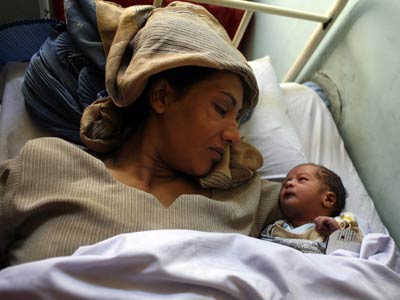Joy Jacobson is the CHMP’s poet-in-residence. Follow her on Twitter: @joyjaco.
I came across a study last week that lends even more concrete support to the idea that writing has healing properties (abstract here). In the July issue of Psychosomatic Medicine, New Zealand researchers Koschwanez and colleagues report that they randomly split 49 elderly subjects into two groups: one group wrote about traumatic life events (“expressive writing”), while the other wrote about their daily lives (“time management”). Members of both groups wrote for 20 minutes a day for three days; two weeks later all received a small skin biopsy on the inner arm. For three weeks the researchers photographed the wounds and asked subjects to rate their levels of stress and depression, recorded the number of doctor visits, and measured proinflammatory cytokines, a biomarker of stress.
At Day 11, 72% of the expressive-writing group showed full wound healing, while only 42% of the time-management group did. There were no changes found in the other measures.
This adds weight to prior studies: a 2008 study found similar effects of expressive writing on wound healing and a 1999 study found writing about stressful events led to clinical improvements for people with asthma or rheumatoid arthritis. Many others have been conducted into this exciting field.
So how does expressive writing work to improve health? The New Zealand researchers don’t put forth any theories, saying only that more research is needed into “the underlying cognitive, psychosocial, and biological mechanisms.” But it seems that in many of the studies in which benefits are shown it’s not just the mere act of writing that holds the power; it’s expressive writing, documenting stressful or traumatic memories, that holds the key.
My colleague Jim Stubenrauch and I have been incorporating such writing techniques into our work with hospital nurses and nursing students, and we’ve found that many nurses respond quite well to writing prompts that encourage them to explore emotionally charged memories. James Pennebaker is at the forefront of research in this area. Watch the video embedded here for his description of the “expressive writing method” and the effects on immune function and behavioral health measures. And Jim and I will continue to blog here on our work with nurses and other clinicians or patient groups.
[youtube=http://www.youtube.com/watch?v=XsHIV9PxAV4]
Joy Jacobson is the CHMP’s poet-in-residence. Follow




